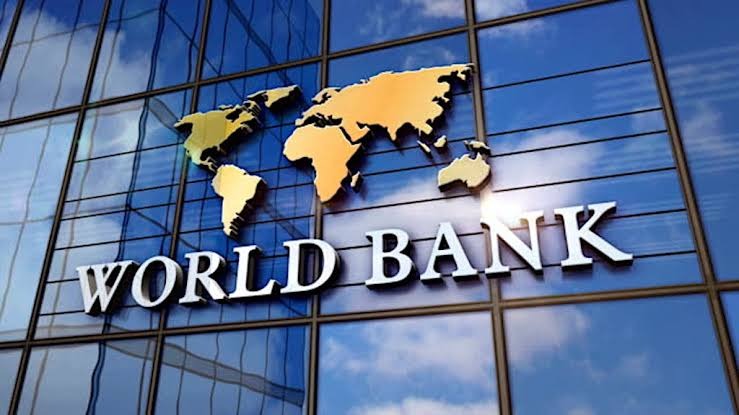The World Bank’s Human Capital Public Expenditure and Institutional Review has revealed that health-related expenses push over one million Nigerians into poverty every year.
The report further showed that out-of-pocket payments account for 77 per cent of Nigeria’s total health expenditures, the highest in the region.
It said the heavy reliance on personal payments places a substantial financial burden on households, pushing over a million Nigerians into poverty annually.
The World Bank report also said many Nigerians forego necessary medical treatments due to prohibitive costs, leading to further deterioration in health outcomes.
The report noted that although Nigeria’s Universal Health Coverage (UHC) index has seen some improvement over time, Nigeria ranks poorly in UHC within Africa, with an index score of 44.
The report read: “The coverage of essential health services remains limited, and the proportion of health expenditures financed by out-of-pocket payments is the highest in the region, which is indicative of the country’s poor health outcomes. “Despite some progress in recent years, the pace of improvement in Nigeria’s health indicators lags behind that of other African nations. For example, the increase in life expectancy in Nigeria has been more gradual compared to other countries on the continent.”
The report noted: “Nigerian government’s health expenditure of just 0.5 per cent of GDP, ranking it among the lowest globally…On average, health-related expenses push more than 1 million Nigerians into poverty each year.”
“The limited public funds allocated to health in Nigeria are predominantly directed toward secondary and tertiary care facilities, with a significant portion of the budget being spent on curative services within these higher-level hospitals. This allocation strategy overlooks the crucial areas of prevention, public health, and primary health care, which are both cost-effective and have a high impact on overall health outcomes,” it added.









